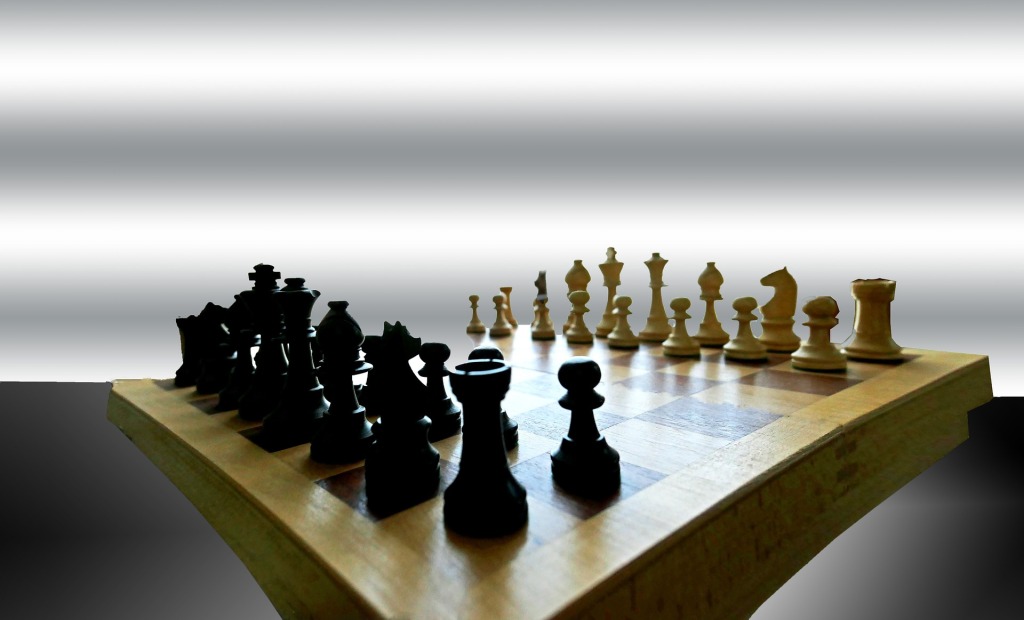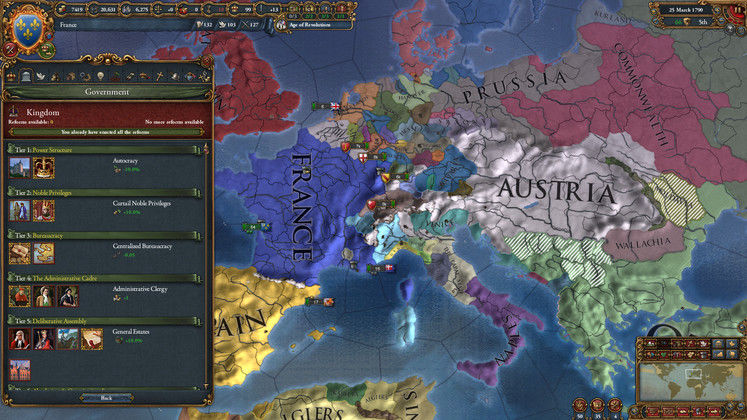
Chess has seen a resurgence recently. Access to interesting youtube content from Grand Masters and International Masters mixed with the success of Netflix’s chess-themed drama ‘The Queen’s Gambit’ have returned its status as a game of intellectuals and Kings. But is it really all that and a bag o’ chips? I mean, games have come a long way since chess happened.
It got me thinking, so here’s a little opiniony thinky piece about chess and play.
Chess-like games have likely existed for nearly as long as humans could first look at a bit of a stick, a pebble or a dried nugget of shit and abstract that it could represent a person. The latter especially so, I know many people who are dry shits – I’m one of them – so it’s not a hard abstraction to make.
Even so it likely originates in ancient Asian cultures. We can trace a lot of modern chess-likes back to the Chinese game of Xiangqi (pronounced like shangchi – I think…) which has its first textual mention in the first century BCE. As with everything in history there’s a lot of debate about whether this was or wasn’t the same thing as the later version of the game. Then some bloke about six hundred years later wrote about it and historians debate whether that was the same game and so on, and so forth.
It’s always the same old story of a bunch of old men who smell like leather and wee nitpicking over functionally useless, arbitrary details and avoiding the point. The point is since humans were first bored, and could abstract an object as representing another figure they’ve been playing games.

Being a gamer in this day and age carries a lot of baggage. It summons forth images of overgrown man children, dangling 70s hippy hair framing a scruffy neckbeard, wearing some nerdy t-shirt and jeans, smelling of snack remnants and body odour and furiously fiddling their controllers. I assure you, in my case, this is true.
Chess, meanwhile, summons up images of smart Nordic types in black turtleneck sweaters, one hand posted on their chin in Rodin’s ‘The Thinker’ pose using their hyper-intelligent calculator brains to think moves ahead of their opponent and achieve a tactical victory. I assure you, in my case, this is false. But then I’m also not good at chess.
Even though the games the stanky nerds play may require more urgency, more tactics, greater response times and more adaptability. Even though their game may be newer, meaning they have had to literally learn and build the knowledge base itself to even practice being good at the game whilst chess has a recorded history dating back hundreds of years and established, teachable, learnable strategy and method – we still respect chess players more.

This is because of reputation and nothing more. It’s because the Kings of the past didn’t play Starcraft or Clash of Clans. It’s because there were no consoles, no tactics RPGs, no min-maxing roguelites or God forbid – Grand Strategy games.
Let’s take a grand strategy – say Europa Universalis developed by Paradox Development Studio and published by Paradox Interactive. Have you ever played Europa Universalis? It is now on its fourth instalment so if you haven’t played it by now where have you been? Oh, having a life. Sorry.
Europa Universalis puts you in charge of a state, with almost no set goals or objectives other than to do some stuff as time progresses. For example the first game had you running a European nation between 1492 and 1792. In many ways it is a complication of the scenarios chess abstracts and simplifies. You have to carefully manage budgets, monarchies, populations, religions, militaries, diplomats and a whole glut of other of the nuts and bolts of running a nation. The court dynamics that chess abstracts and simplifies are here recreated in as much detail as you can cram into the game’s algorithms – the numbers, maths and equations in the code that make a game play, that determine the outcomes of actions and the computer players’ responses.
If you were to ask me who I respect more, the world’s greatest grand master of chess or the person who, say in Europa Universalis: Rome, took the Picts to the height of European superpower I would have to say the latter.
The fact is both chess and Europa Universalis are incredibly complicated and involved games. Both can be learned, practiced and their internal situations manipulated until you can succeed at just about any aim you would like. Yet one form of ‘play’ is not only socially permitted but socially acceptable and another is less so.

Humans play. Almost all animals play. Play is an essential part of living. Early in our lives it tends to represent an acting out of future roles and responsibilities. We play soldiers, we play doctors, we play house. Sometimes it may represent an act of understanding our environment. We play animals, we play plants or we play trees. Sometimes it represents the basis of evolutionary competition. We play tag, we play hide-and-seek, we play punch each other and see who can take the hardest punch without crying (just my shady, working-class upbringing?). Sometimes it helps us develop the coordination we need. We play ball sports, catching, throwing, hitting – all imitations of pre-agricultural hunter-gatherer behaviours, an anthropological legacy.
As we get older play becomes, in my opinion, something even more vital. Whether it’s make-believing with kids, having a tickle-fight with your partner, playing ‘would you rather…’ with your friends, backgammon, chess or picking up a controller and embodying someone or something else for a while – it keeps us honed, it keeps us stimulated, it keeps us young. It reminds us of our plasticity, our ability to learn, change, adapt and overcome challenges when our lives and their challenges become stable, predictable and familiar.

Chess hasn’t been solved. There are so many permutations, calculations and complications that a computer cannot come up with a decisive, winning strategy every time. Computers regularly beat human players but a new relationship is forming. Humans, in tandem with computers, are learning how to beat human and Artificial Intelligence alike.
This, to me, is the true power of play. To work together with a system of simulation to allow us to learn, to know, to understand and to be better people.
2 thoughts on “Wanna Play? – Why Games are Important”